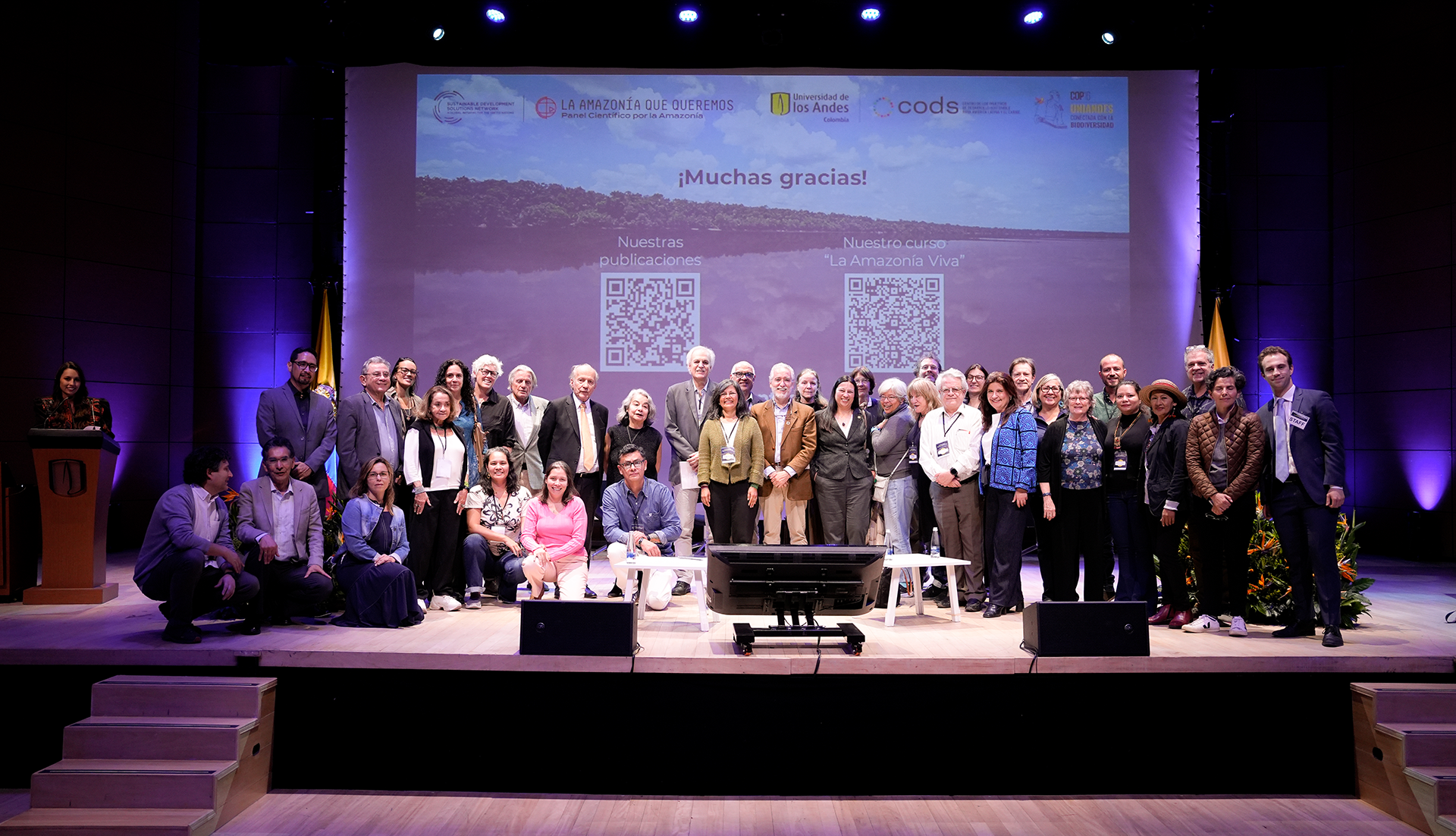

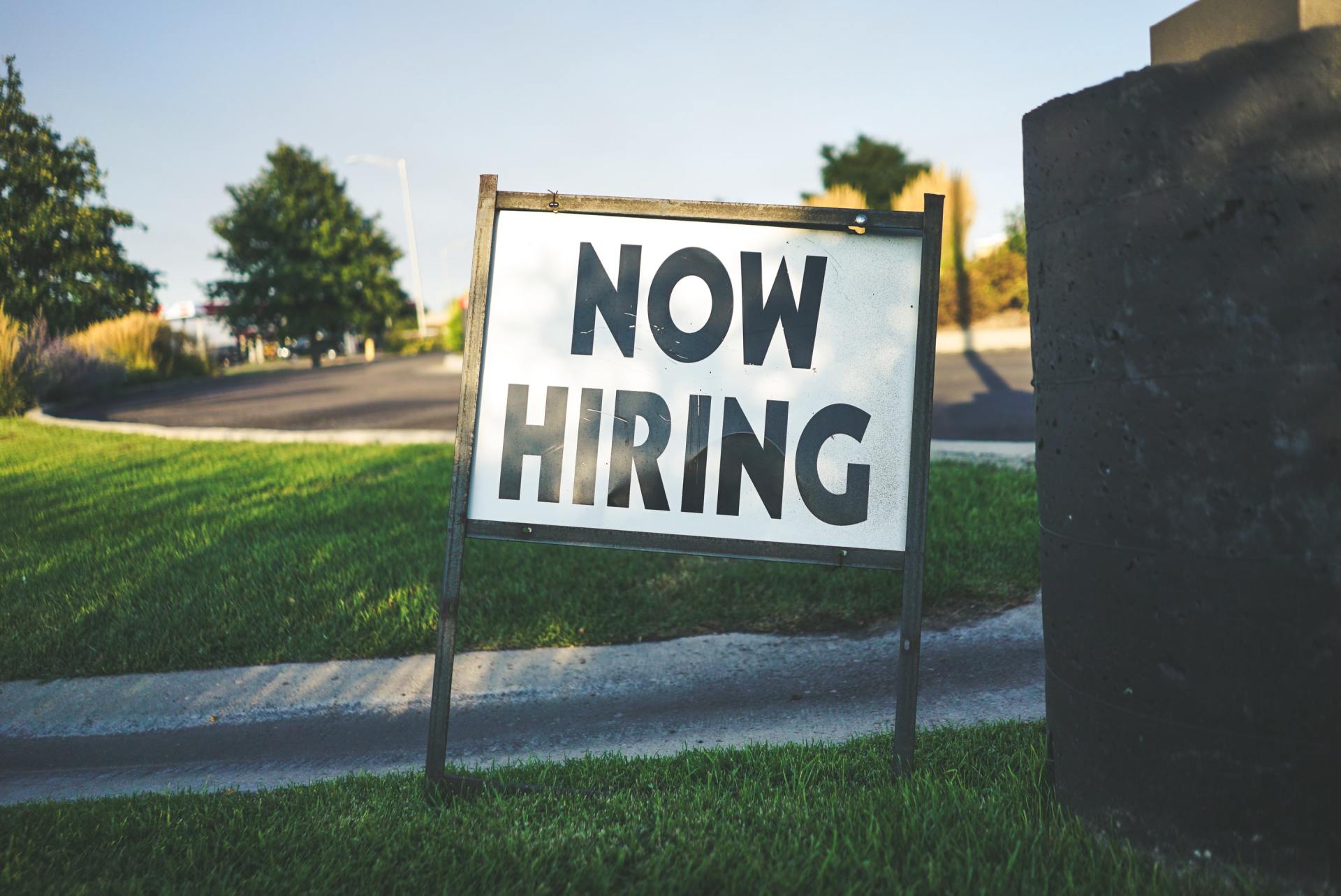
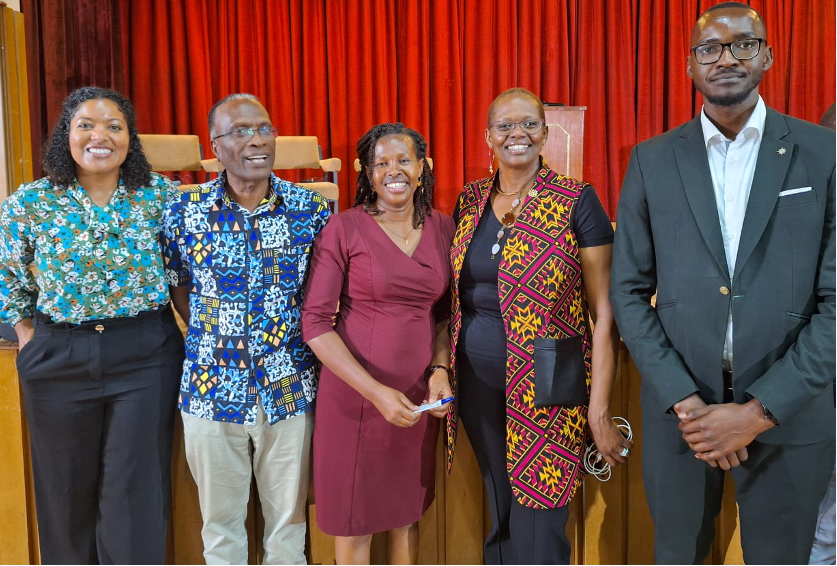
In an interdependent and interconnected world, countries’ ability to achieve the Sustainable Development Goals (SDGs) are not only determined by domestic efforts, but also by actions taken in and by other countries. Such spillover effects need to be measured and understood to achieve the SDGs. Reason enough for SDSN and GIZ to jointly host an […]
In an interdependent and interconnected world, countries’ ability to achieve the Sustainable Development Goals (SDGs) are not only determined by domestic efforts, but also by actions taken in and by other countries. Such spillover effects need to be measured and understood to achieve the SDGs. Reason enough for SDSN and GIZ to jointly host an event on these questions. The event was kicked off by a keynote speech of Dr. Ingolf Dietrich, Commissioner for the SDGs at the Federal Ministry for Economic Cooperation and Development (BMZ), Germany, who emphasized the global responsibility of each country to not only focus on domestic efforts, but also consider impacts of its actions abroad. Afterwards, Prof. Jeffrey Sachs presented a typology of such spillover effects in his keynote speech and named examples such as tax havens or banking secrecy.
Dr. Guido Schmidt-Traub, Executive Director of SDSN, presented the work of SDSN and GIZ on international SDGs spillovers, which includes a newly published policy brief. This working paper contains six practical steps to close knowledge and data gaps on trade-related international spillover effects. He also announced a new joint work stream with the Yale Center for Environmental Law & Policy on the Environmental Impact Index (EII) and launched its first outcome – an interactive online tool, which displays bilateral spillover effects.
Afterwards, several speakers discussed the policy recommendations and further examples in a panel discussion. Annika Lindblom, from the Finnish National Commission on Sustainable Development, highlighted that spillovers are a global responsibility for all and underlined the governments’ needs for tools. Erik Giercksky, from UN Global Compact, gave examples of blueprints that had been developed to tackle unsustainable value chains, but emphasized that much more political power is needed in the private sector. Seema Joshi, from Amnesty International, agreed and highlighted the human rights dimension of international spillovers, e.g. in palm oil plantation or cobalt mining. Dr. Jorge Gómez-Paredes, SDSN Andes, elaborated some positive spillover effects as job creation. Everyone agreed that positive spillover effects should be strengthened and that a joint effort to tackle negative spillover effects is needed. This also should take interlinkages between different environmental and social impacts into account. The discussion was followed by a Q&A with a very interested and engaged audience.
Further information
This working paper describes international SDG spillovers and reviews techniques for their measurement. It proposes six practical steps to close knowledge and data gaps on trade-related international spillover effects.
The Environmental Impact Index (EII) is developing a new global measure of countries’ domestic and international environmental impacts. It includes outcome-based measures of resource use and pollution relating to the achievement of the Sustainable Development Goals (SDGs) at the country level.
International spillover effects occur when one country’s actions generate benefits or impose costs on another country that are not reflected in market prices, and therefore are not “internalized” by the actions of consumers and producers. Such spillover effects can undermine other countries’ efforts to achieve the SDGs. This data visualization tool tracks bilateral spillover effects that one country has over another.


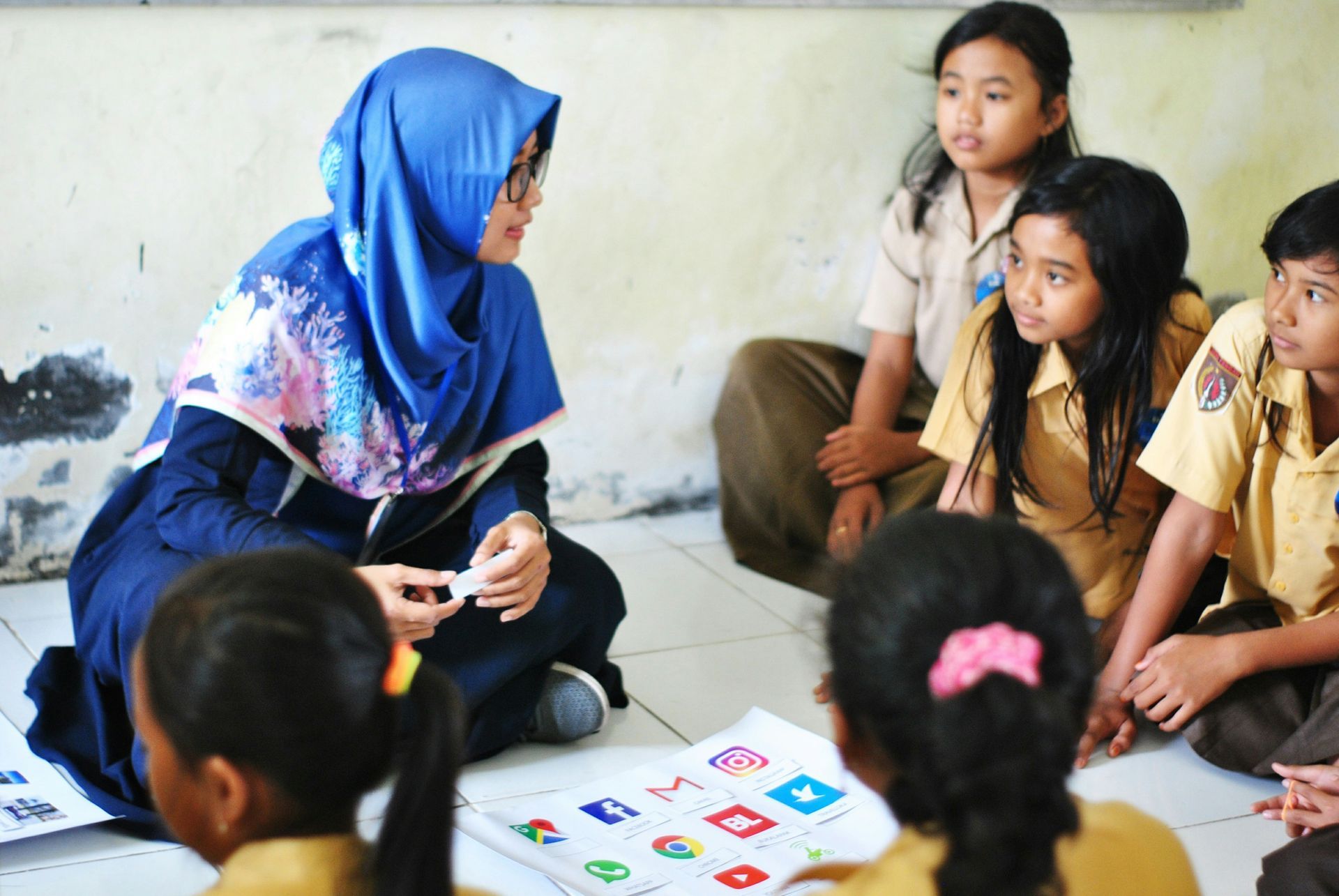


Get our latest insights, opportunities to engage with our networks, and more.
SDSN mobilizes global scientific and technological expertise to promote practical solutions for sustainable development, including the implementation of the Sustainable Development Goals (SDGs) and the Paris Climate Agreement.
Paris
19 rue Bergère
75009 Paris
France
+33 (0) 1 84 86 06 60
New York
475 Riverside Drive
Suite 530
New York NY 10115 USA
+1 (212) 870-3920
Kuala Lumpur
Sunway University
Sunway City Kuala Lumpur
5 Jalan Universiti
Selangor 47500
Malaysia
+60 (3) 7491-8622